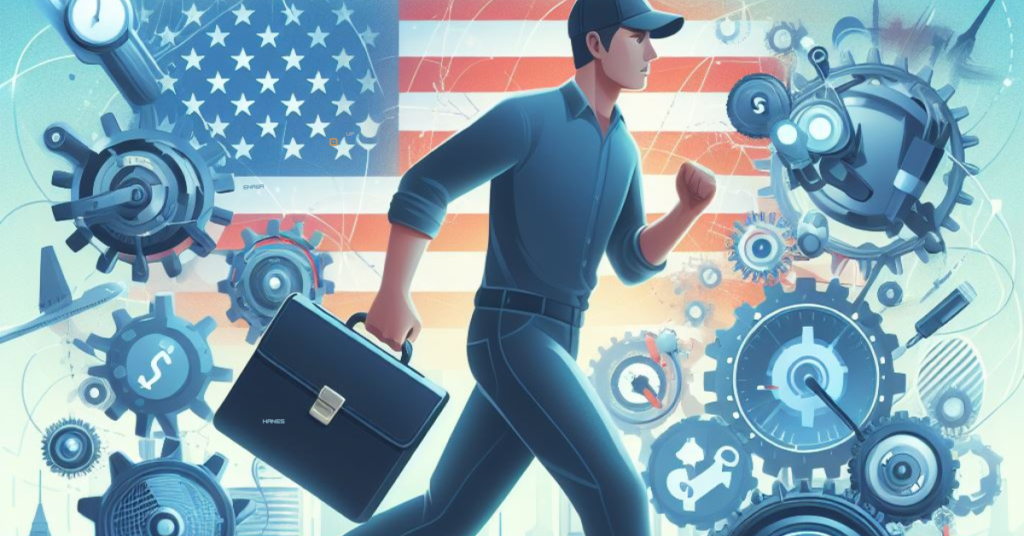The Gig Economy: Reshaping the American Workforce and Economic Landscape – Kavan Choksi
In recent years, the U.S. economy has witnessed a significant transformation in the nature of work and employment, largely driven by the rise of the gig economy. This burgeoning sector, characterized by freelance, flexible, and on-demand work, is redefining traditional employment paradigms and presenting both opportunities and challenges for workers and policymakers alike. This article explores the impact of the gig economy on the American workforce, its implications for the broader economic landscape, and the future trajectory of this dynamic sector. Here is what Kavan Choksi thinks.
Emergence of the Gig Economy
The gig economy, fueled by technological advancements and changing workforce preferences, has grown exponentially. Platforms like Uber, Airbnb, and Upwork have paved the way for individuals to seek alternative forms of employment that offer flexibility and autonomy. This shift is reflective of broader societal and economic trends, including the desire for work-life balance, the digitization of services, and the demand for immediate, personalized solutions.
Economic Implications and Opportunities
The gig economy has introduced a new dimension to the U.S. economic fabric, contributing significantly to income generation and GDP. It has democratized access to employment, allowing people from diverse backgrounds, including students, retirees, and stay-at-home parents, to participate in the workforce. Moreover, it has spurred innovation and competition within various industries, leading to improved services and greater consumer choice.
Challenges and Considerations
While the gig economy offers numerous opportunities, it also raises important questions about job security, benefits, and worker rights. Unlike traditional employment, gig work often lacks the safety nets of health insurance, retirement plans, and unemployment benefits. This precariousness can lead to financial instability for workers solely reliant on gig income. Additionally, the classification of gig workers as independent contractors rather than employees has sparked debates over labor rights and protections.
Policy Responses and Regulation
The growth of the gig economy has prompted discussions among policymakers and stakeholders about the need for regulatory frameworks that balance flexibility with worker protection. Issues such as minimum wage guarantees, access to benefits, and the right to collective bargaining are at the forefront of these discussions. Some states have already begun enacting legislation to address these challenges, setting precedents that could shape national policy.
The Future of Work
The gig economy is a harbinger of the future of work, signaling a shift towards more fluid, project-based employment models. As technology continues to evolve, we can expect to see even greater integration of AI and automation in gig platforms, potentially creating new types of work and further blurring the lines between traditional and gig employment.
Social and Economic Integration
For the gig economy to be sustainable and equitable, it must be integrated into the broader social and economic systems. This includes developing educational and training programs tailored to the skills required in gig work, creating financial products and services that cater to the irregular income patterns of gig workers, and fostering a culture that values and respects flexible work arrangements.
Conclusion
The gig economy is reshaping the American workforce and economic landscape, offering a glimpse into the future of employment. While it presents a wealth of opportunities for innovation, flexibility, and entrepreneurship, it also challenges us to rethink traditional employment models and social contracts. Balancing the benefits of gig work with the need for security and protections will be crucial as we navigate this new economic frontier. As the gig economy continues to evolve, it will undoubtedly play a central role in defining the next era of the U.S. economy, demanding adaptability, creativity, and thoughtful policy-making to harness its full potential while safeguarding the well-being of the workforce.
For More interesting informations visit breakingnews21.com
